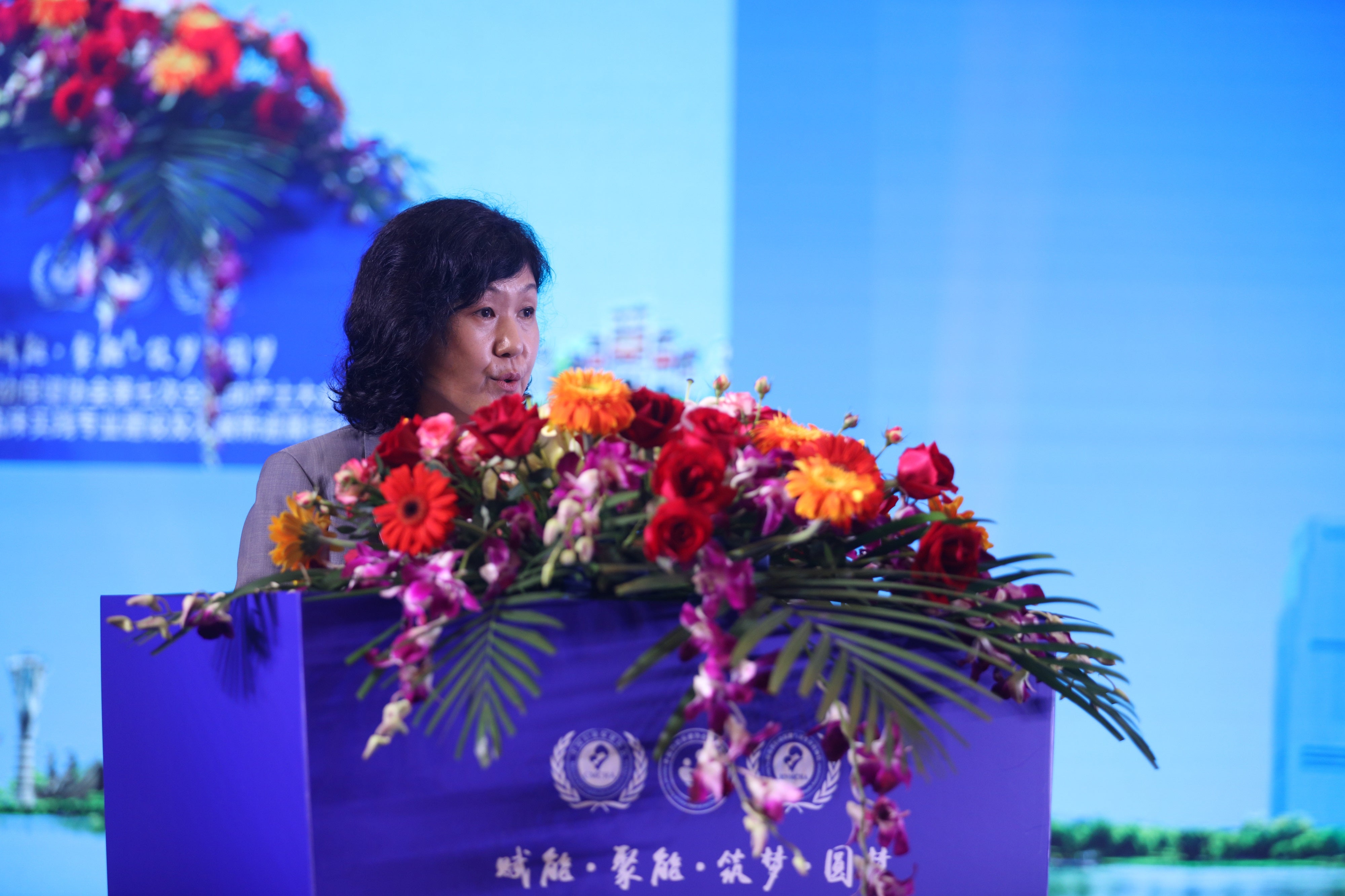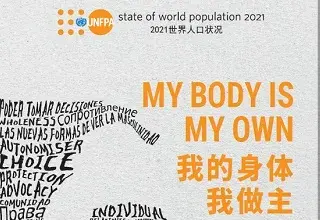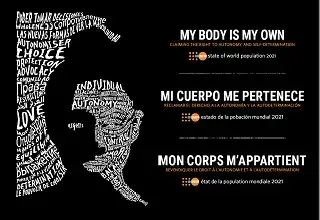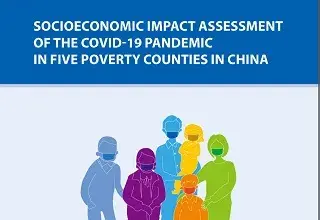Changsha city, Hunan Province
Distinguished guests, ladies and gentlemen,
Good morning!
On behalf of the United Nations Population Fund (UNFPA), it is my pleasure to deliver remarks today at the 7th Annual Midwifery Conference. I would like to extend my sincere appreciation to the China Maternal and Child Health Association (CMCHA) for convening this important event. We are pleased to witness that the midwifery conference has become a regular platform for the exchange of knowledge and experience in midwifery development in China.

On the occasion of the upcoming International Day of the Midwife, I would like to express our deepest respect and appreciation to the extraordinary and life-saving work that midwives do every day, often under very challenging circumstances. This year, the theme for International Day of the Midwife is: “Follow the data: invest in midwives”. This year’s International Day of the Midwife will also coincide with the launch of the State of the World’s Midwifery Report. This report will provide an updated evidence base and detailed analysis of the present progress and future challenges to deliver effective coverage and quality of midwives and midwifery services.
Here I want to highlight a few key messages from the report:
● The evidence is in: investing in midwives saves lives, improves health and strengthens health systems.
● Increased investment in midwives could save up to 4.3 million lives every year by averting 67% of maternal deaths, 64% of neonatal deaths, and 65% of stillbirths.
● Midwives could provide up to 90% of essential sexual, reproductive, maternal newborn, and adolescent health (SRMNAH) care across the lifespan. Despite this, they currently account for less than 10% of the global SRMNAH care workforce.
● We are experiencing a global shortage of 900,000 midwives. Of the midwives we do have, substantial barriers are preventing them from achieving their full potential.
● Investment in midwives needs to include investing not only in their numbers but also in their education, ongoing training, regulation, and working environment.
● The Covid-19 pandemic has highlighted the importance of investing in primary health care and investing in midwives. Nurses and midwives have been playing a critical role in the battle against COVID-19, safeguarding the health of women and newborns, and giving courage to vulnerable patients globally.
Ensuring universal access to reproductive health and rights including safe motherhood is a top priority for UNFPA. At the global level, UNFPA, together with over 40 global partners and over 300 national partners, works to scale up quality midwifery education, policies and services around the world. UNFPA and its partners also work to strengthen midwifery training curricula, institutions, associations and regulations. UNFPA’s support for midwifery now spans over 120 countries.
In China, UNFPA has closely worked with the National Health Commission and China Maternal and Child Health Association and other partners for over 10 years towards a more favorable policy environment for midwifery development in China. In the last cycle of cooperation between the Government of China and UNFPA (2016-2020), UNFPA supported efforts in enabling policy environment, quality education and training for midwives, and promoting high standards for midwifery service delivery. The collaboration has contributed to remarkable achievements such as the establishment of a midwifery bachelor’s degree programme in 8 medical universities which was adopted by Ministry of Education in 2017, the enrolment of ten standardized training bases for midwives, setting up the China Midwives’ Society of the China Maternal and Child Health Association, and initiating national standardized training and examination for midwives, and translating and publishing a midwifery textbook that standardizes and professionalizes the midwifery education in China .
In the new cycle of cooperation between the Government of China and UNFPA, which started this year and will run until 2025, we are committed to continue supporting the efforts of the national partners in developing a quality midwifery workforce. In particular, the focus of collaboration in the next five years will be promoting midwifery as a distinct health profession to enhance the quality of SRH services especially in underserved areas. UNFPA will continue to work with partners to support the development and establishment of an independent registration system for midwives, facilitate policy dialogues and advocacy among decision makers to promote midwifery as a distinct heath profession.
China has demonstrated exemplary achievements in improving maternal and child health, accumulating valuable experiences to share with other developing countries. As a broker of international technical expertise and a facilitator of international cooperation and knowledge exchange, UNFPA is committed to facilitate this process and support knowledge-sharing initiatives and international cooperation in midwifery, including through South-south Cooperation with developing countries.
The Healthy China 2030 and its action plan provide a blueprint to achieve health targets aligned with the UN’s sustainable development goals. UNFPA looks forward to continuing work with the National Health Commission, China Maternal and Child Health Association and all of you to advocate for many ways that midwives provide quality care to women, their newborns and families to deliver a word where every pregnancy is wanted, every child birth is safe and every young person’s potential is fulfilled.
I wish you a successful meeting and look forward to fruitful discussions.
Thank you very much.




